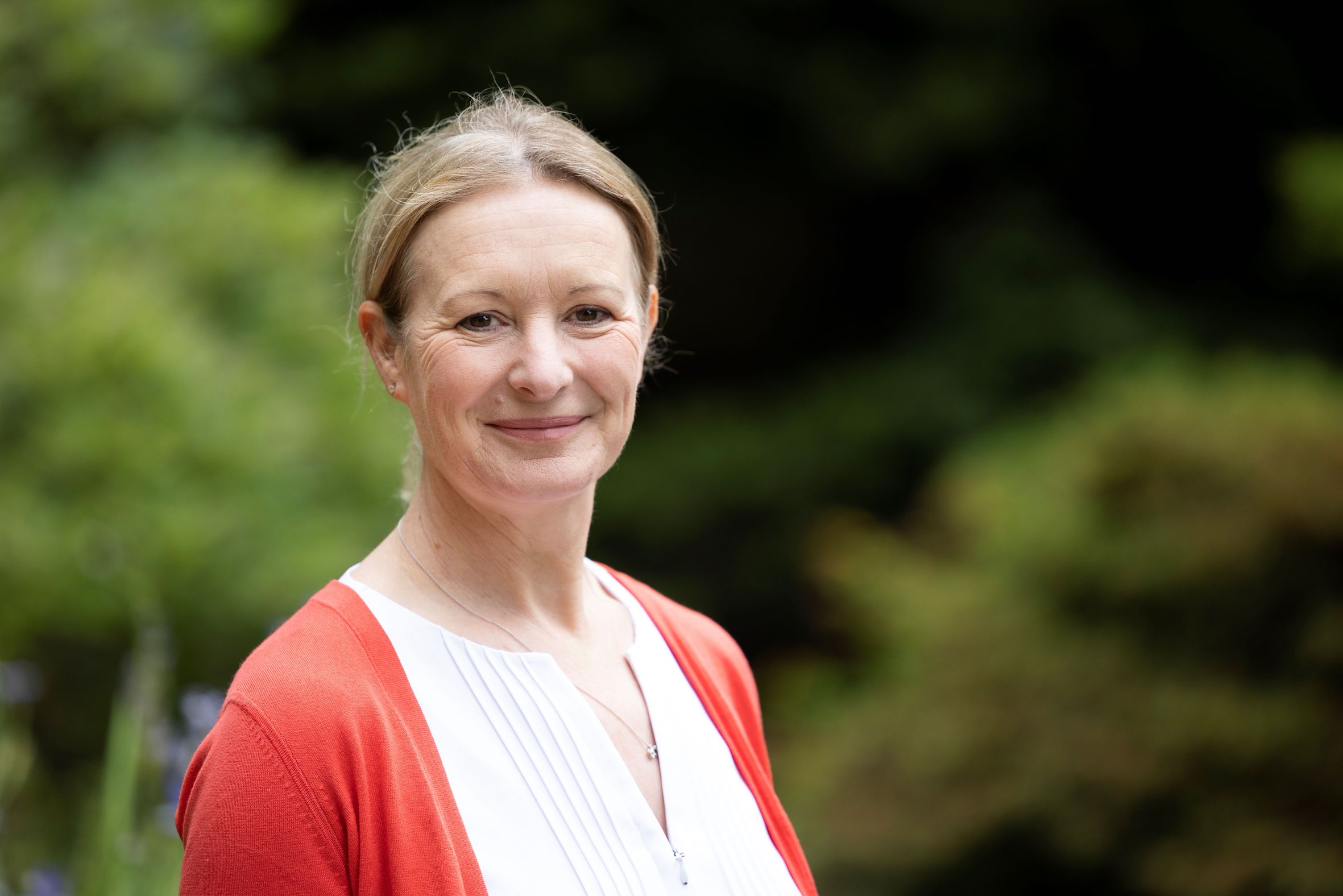
There is a growing need for businesses in the contract catering sector to tackle food waste at a time when evidence of the impact of climate change is all around us.
Whether it is floods in Spain or storms in the UK, it is impossible to ignore the reality that carbon emissions are harming our planet, inflicting a devastating impact on communities.
At Compass Group UK & Ireland B&I, through brands including Eurest, 14forty and Dine, we serve more than 10.8 million meals every year and we realize that food is the biggest contributor to our own emissions.
Even before we became the first in our industry to announce plans to be Net Zero by 2030, reducing food waste was already a huge focus. Now that focus has sharpened further.
Of course, we have also worked on getting the supply chain right, buying seasonal and British as much as possible to reduce food miles and delivering a big shift towards plant-based and plant-forward meals in our workplace restaurants.
But, having grown up on a farm, our success in stopping food from being wasted is perhaps the success story I am most proud of.
Since 2020, we have reduced food waste in our business by 47%, closing in on our goal of cutting it by half.
We achieved this through the development of a robust food waste dashboard, which provides data that is shareable with colleagues and clients. It requires every unit across 816 sites to weigh how much food is wasted and then develop strategies to reduce it.
Our tactics
To achieve these results we implemented a number of measures including: More effective menu planning – if we know we’ll have leftover broccoli stalks on Monday, we put broccoli soup on the menu for Tuesday; using vegetable leftovers in innovative food waste recipes; changing the way we cook to reduce leftovers, using data to analyse the size of portions to reduce plate waste; using fruit peelings to flavor water at our rehydration stations; and adding food waste reporting targets into the bonus scheme for unit leaders.
Four ways to reduce food waste effectively:
1. Measurement is at the heart of food waste reduction
Measuring food waste accurately across every site and every kitchen is key – only then can you produce meaningful statistics.
We made a big decision to measure food waste in kilogrammes rather than in pounds sterling. Measuring in cost meant the figures were skewed by food inflation, now our figures are more robust.
2. Demystify sustainability by using simple language that inspires
A lot of our success has come from strong communications and gaining buy-in from every level of the business.
To do that, you need to speak in a way that inspires and engages people.
Explaining food waste, carbon emissions and Scope 3 emissions can be complicated. So, I try and make things real when I talk to our teams.
You should hear the gasps on calls when we reveal how many elephants in weight our food waste savings represent!
3. Challenge and data-check every statement
There are a lot of businesses making sustainability claims, and a lot of facts and figures in the media.
The key is to challenge and data-check every statement and every action. Do your scientific research, talk to the business, and then do what’s right for the planet.
4. Think big – consider how you can change culture outside of the workplace
Food waste is not just an issue in the workplace, it exists in every home in the country.
Extending our influence beyond the workplace restaurant is therefore important.
At Compass B&I, we encourage a ‘cascade effect’ by providing food waste recipe cards for customers to take home and profiling food waste recipes in our restaurants.
Our results have been overwhelming. They include:
47% reduction in food waste since 2020.
39,000kg of food waste prevented in the last year.
13,434 meals donated in collaboration with food waste partners last year.
Food emissions within Scope 3 reduced by 8.5% since 2019 as part of Compass UK & Ireland – and emissions within Scopes 1, 2 and 3 reduced by 9.4%.
25% reduction in emissions intensity since 2019, as part of Compass UK & Ireland
There is a clear business advantage in reducing food waste – it cuts the amount we spend on food and encourages clients, new and old, to work with us because they value our support in reducing their Scope 3 emissions.
It’s also about respecting the food our chefs create and the fresh produce that comes from the farms and growers in our supply chain.
But the biggest motivator is that we’re doing this for future generations. Most of us have an affiliation to children, nieces, nephews or grandchildren and we don’t want them to face a world that is still getting hotter.
There’s no bigger reason to reduce food waste than that.
Morag Freathy is the CEO of Compass Group UK & Ireland B&I
